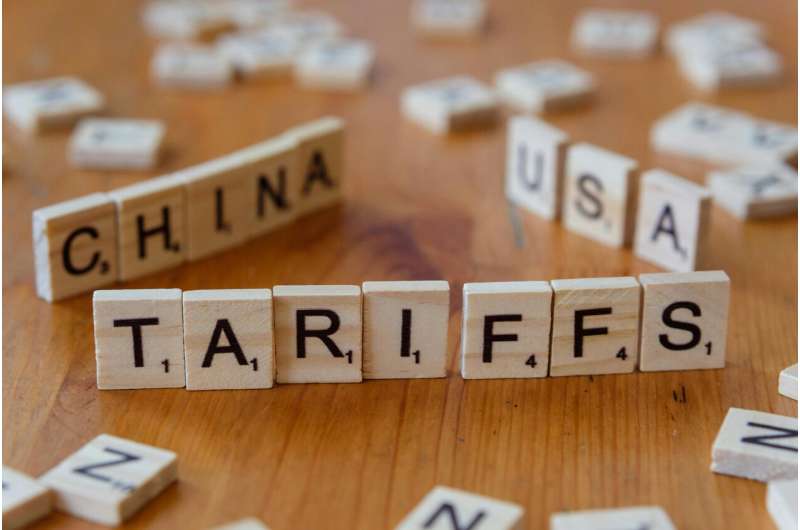
In 2025, tariffs have emerged as a central issue in international trade, reflecting a significant shift in economic policy in the United States. These taxes on imported goods, with roots tracing back to the 18th century, have resurfaced as instruments of foreign policy, aimed at addressing trade imbalances, protecting domestic industries, and navigating geopolitical tensions. The current administration, under President Donald Trump, has intensified the adoption of tariffs since his return to office in January 2025, utilizing them to confront economic rivals and reshape global trade dynamics.
Current Tariff Policies and Their Implications
According to Lawrence Broz, a professor and chair of the Department of Political Science at the University of California – San Diego, the United States has increasingly leveraged tariffs as tools of foreign policy. In 2025, the U.S. imposed broad “reciprocal tariffs” targeting imports from countries such as China, Canada, Mexico, and the European Union. This has led to retaliatory measures from these trading partners, contributing to a growing trend of protectionism and a retreat from multilateral trade agreements. Broz emphasizes that these developments threaten the stability and predictability that global trade relies upon, creating economic uncertainty reminiscent of the 1930s.
As tariffs reshape trade relationships, Caroline Freund, dean of the School of Global Policy and Strategy at UC San Diego, notes that international supply chains are in flux. Firms are reevaluating their manufacturing strategies, with countries like Mexico and Vietnam emerging as alternative production hubs. Mexico benefits from its geographic proximity to the U.S. and preferential access through the United States-Mexico-Canada Agreement (USMCA), while Vietnam has become a competitive exporter in sectors such as electronics and textiles. However, Freund cautions that these shifts take time and that long-term success will depend on political stability and a conducive regulatory environment.
Market Reactions and Historical Context
The financial implications of tariff policies are significant, as highlighted by Allan Timmermann, a finance professor at the Rady School of Management. Following the announcement of the Liberation Day tariffs, U.S. stock markets experienced a sharp decline, driven by fears of a slowdown in trade and potential inflation. Although the markets have stabilized as worst-case scenarios receded, the U.S. dollar remains weaker. Timmermann emphasizes the complexity of assessing the long-term impacts of such political decisions, pointing out that market volatility may resurface if trade negotiations falter.
Looking back at history, Mark Hendrickson, an associate professor and chair of the Department of History, notes that tariffs have often been used as revenue sources and protective measures since the founding of the United States. The Smoot-Hawley Tariff Act of 1930 serves as a cautionary tale; initially intended to protect domestic producers, it ended up exacerbating the economic downturn during the Great Depression. This historical perspective is crucial in understanding the potential consequences of current tariff policies.
In terms of economic impact, Marc Muendler, a professor and chair of the Department of Economics, states that while moderate tariffs can protect specific U.S. industries, the broader effects are detrimental. His research indicates that although certain states may see temporary job gains, overall real incomes would decline across the country due to rising prices. He warns that a 10% across-the-board tariff is no longer moderate in the current interconnected global economy, and retaliatory actions from other nations could worsen the situation.
As the United States navigates this complex landscape of tariffs and trade policies, the consequences are felt not only domestically but also throughout the global economy. The actions taken today will likely shape the future of international trade and economic cooperation for years to come.






